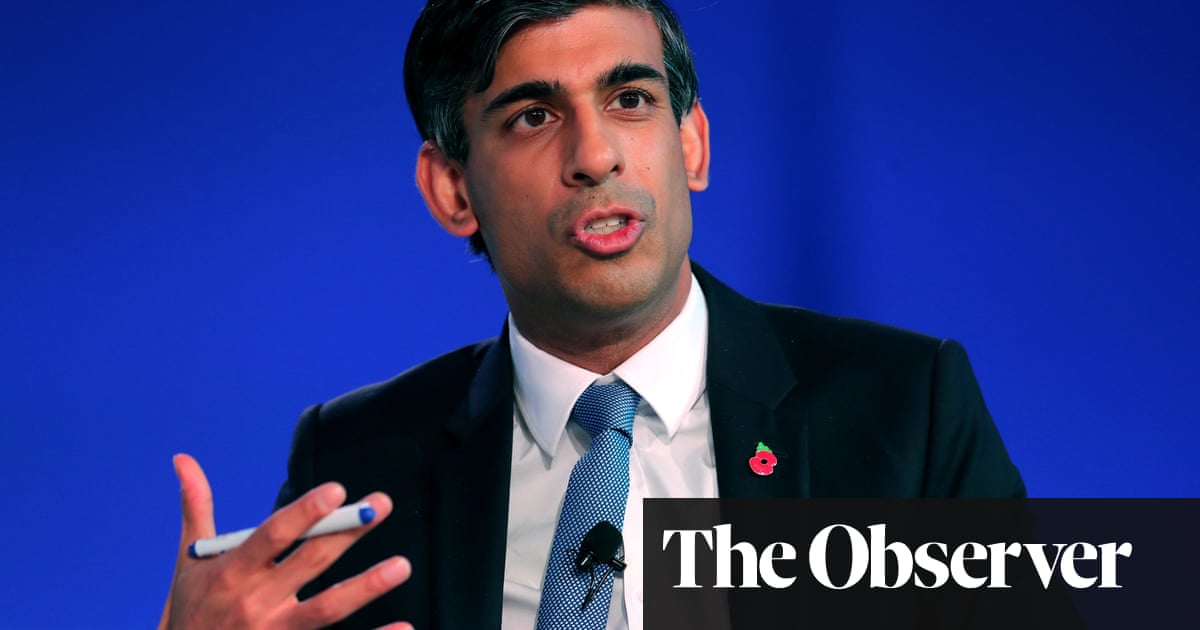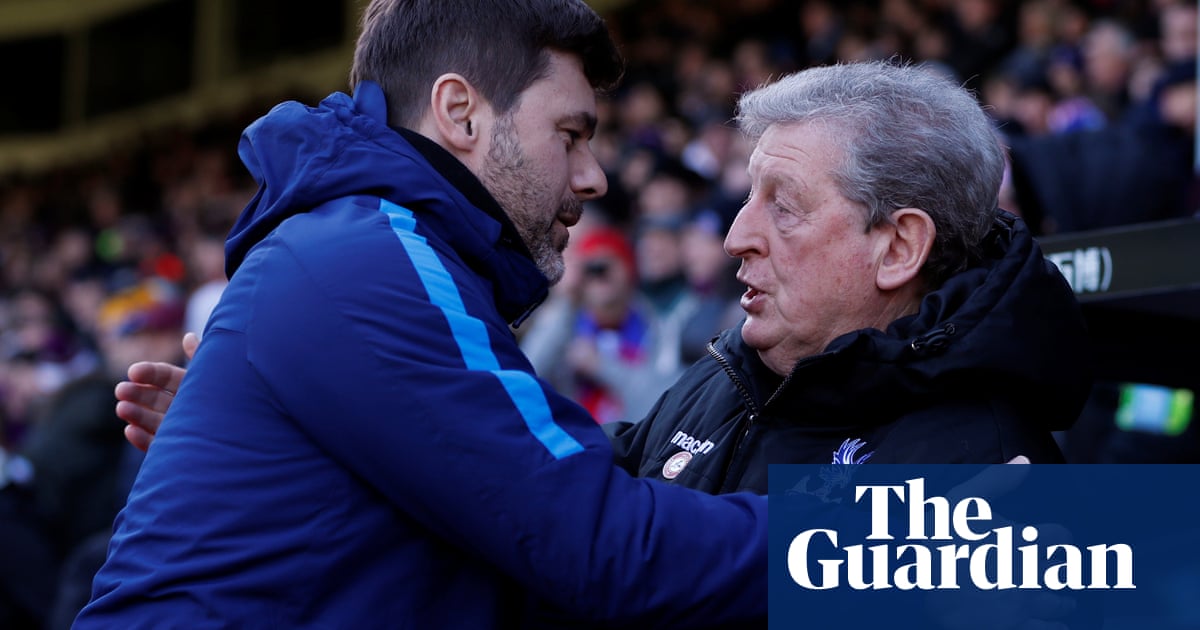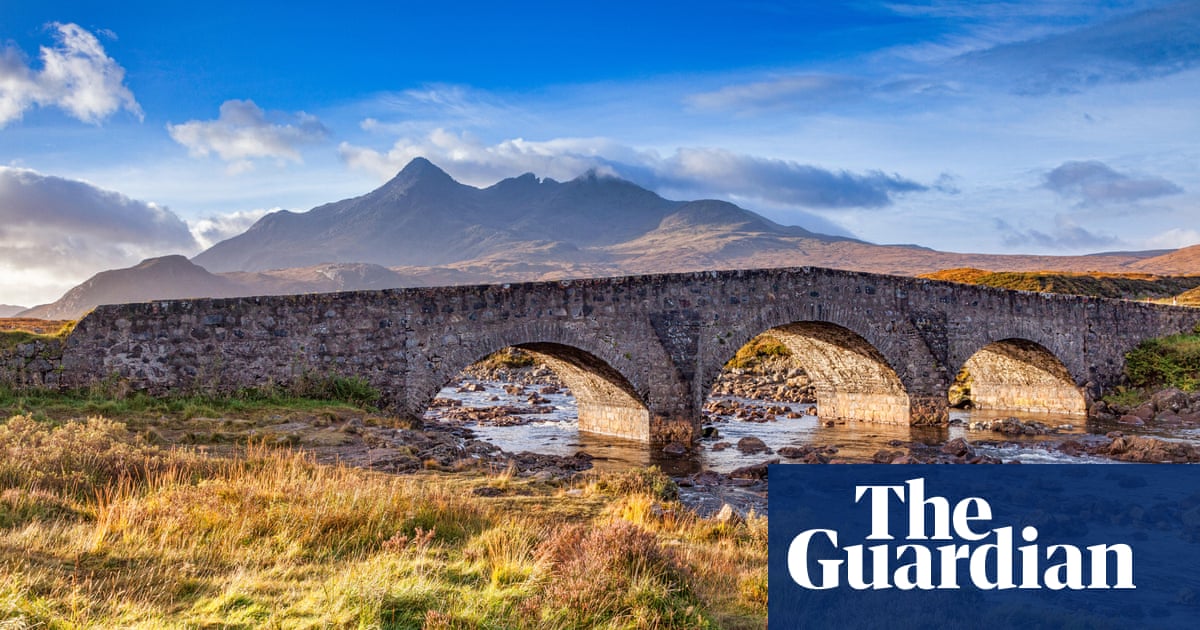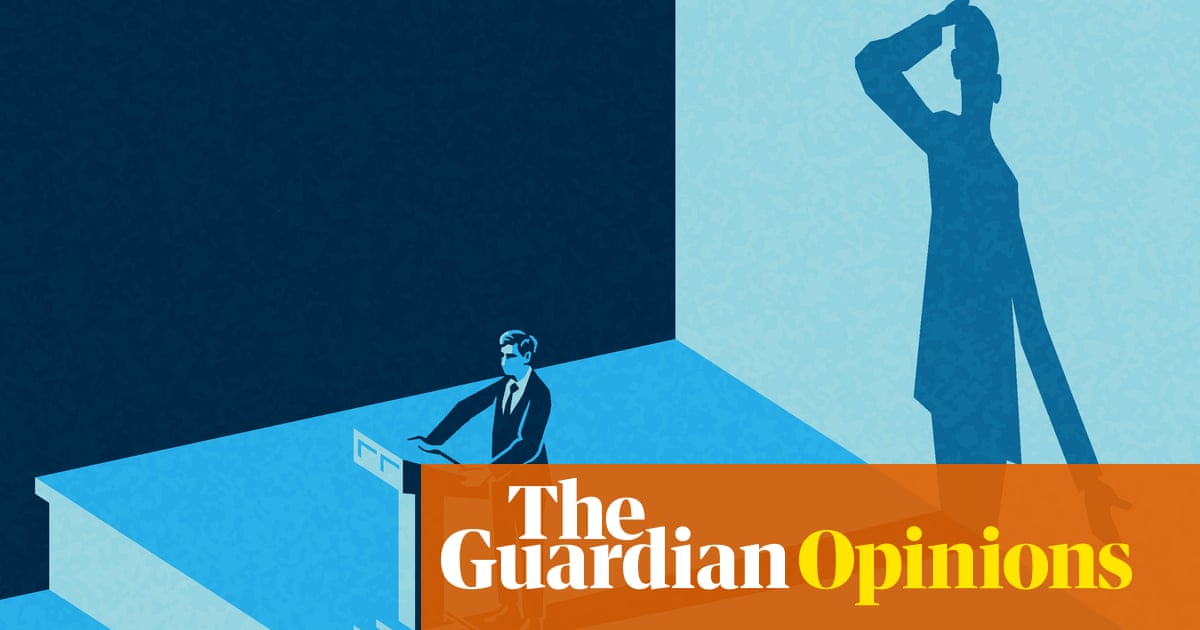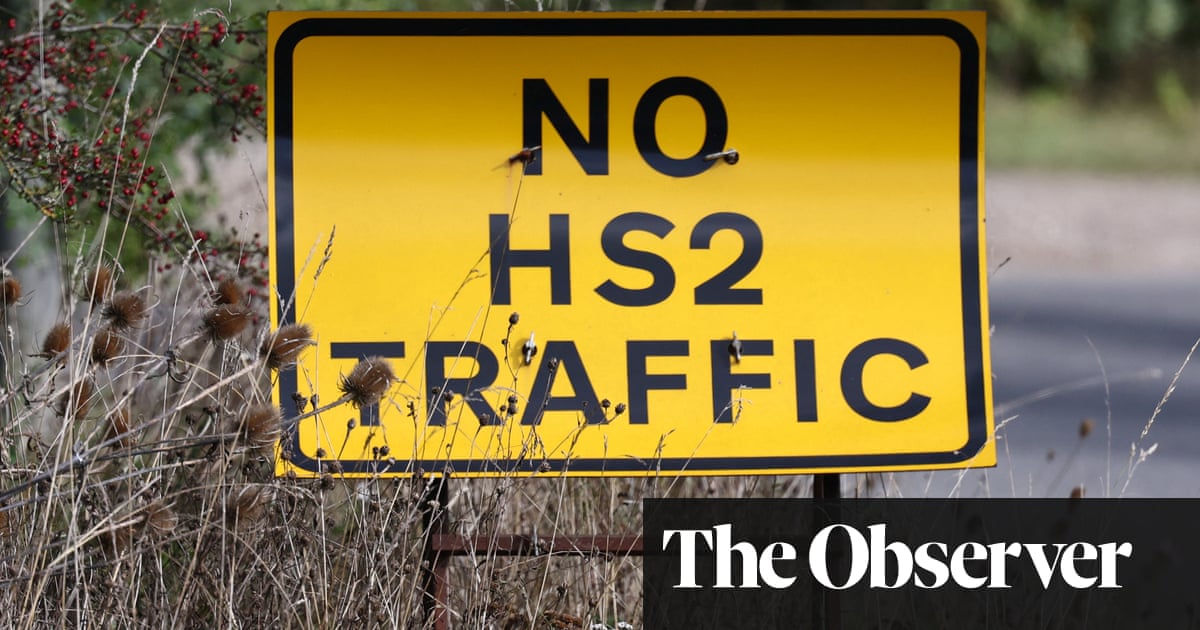
The landlady of the Old Millwrights Arms in Aylesbury, Buckinghamshire, is livid with the chancellor.
“If I was Rishi Sunak and I wanted to design something that got rid of community boozers and replaced them with large chains, I would have written that statement,” said Liz Hind, shortly after the chancellor unveiled a multibillion-pound support package for the hospitality industry.
The former Labour parliamentary candidate may not be the most surprising critic of a Conservative chancellor but she is far from a lone voice.
Under Sunak’s proposals the Treasury will spend £500m on a new “eat out to help out” meal discount scheme and £4bn on cutting VAT from 20% to 5% on hospitality purchases.
While the measures offer much-needed financial respite for restaurants and gastropubs, the exclusion of alcohol from either scheme has left many publicans worried.
Since pubs reopened in England on 4 July, trade has been dismal in Whitby, a seaside town starved of its usual flow of tourists enjoying the North York Moors, fish and chips or its associations with Bram Stoker’s Dracula. A VAT cut on food is no help at all, the publicans complain.
“It’s a slap in the face,” said Richard Nattriss, who runs the Little Angel. “We don’t do food, we’re an award-wining cask ale pub. It just helps all the big chains. The Wetherspoons pubs will be fine because that’s the way the government have arranged it.
“It’s the good old community pubs where you go in for a drink and a natter that will suffer.”
It’s a view backed by the British Beer & Pub Association (BBPA), the Society of Independent Brewers and major chains such as Greene King and Admiral Taverns.
The widespread dismay comes from an industry already battling long-term decline, with the number of pubs down 15% in a decade, from 55,400 in 2010 to 47,200 today.
Of those that survive, nearly 70% are so-called “wet-led” venues that rely primarily on alcohol sales.
Early signs since the reopening of English pubs on 4 July suggest the pandemic has halved sales. Data from 32 pub companies, collected by the Coffer Peach Business Tracker, shows that trade was at 55% of normal levels over the first weekend back.
“I don’t know anyone who has traded at more than 50%,” said Dave Mountford, who runs the Boat Inn near Matlock in Derbyshire and is a long-time campaigner for independent pubs. “It’s not been the huge bounceback that people predicted. We’d normally do £12,000 a week, but we’ll do about £7,000.”
At the same time, costs have risen significantly due to the need for enhanced cleaning regimens and extra staff to provide table service and monitor social distancing.
“I’ve got less than half the customers but just as much work,” says Hind. She points out that the pubs that stand to gain most from the chancellor’s VAT cut – chain venues with large floorspace and a broad food offering – were already more resilient to industry decline. They are also far better placed to cope with a post-pandemic world, she said.
“Traditional pubs, village pubs and those built 100 years ago, they’re designed to have little areas, with your lounge bar and your snug bar,” she said. “So trying to get tables in that are separated with a screen in place, it’s really difficult.”
With footfall down and costs up, a VAT cut on alcohol would have gone a long way to easing the burden, as pubs fear not being able to pay rent.
Thousands rent their premises from major pub companies (pubcos) under the “beer tie” – an arcane and often controversial arrangement that many publicans complain exploits them, funnelling profit into the pockets of big business.
While some pubcos agreed to waive or reduce rents to reflect earnings, many simply deferred the payments. Some are now preparing to restore rent bills to normal levels, even though trade is a fraction of what it once was.
The BBPA, whose members include the influential pubcos, said it has asked the chancellor for rent support. But publicans, many already in debt, hold out little hope.
“It’s becoming difficult to deny that this government either doesn’t understand the public house situation or just doesn’t like pubs,” said Mountford. “A lot were already failing before this crisis occurred. To ignore them, by not providing any support, then providing support to their competitors, just seems completely and utterly bizarre.”
Behind the bar at the Little Angel, Nattriss is concerned about the future of not just his establishment but the entire industry.
“I’m looking at it on a day-by-day basis wondering what the hell I can do,” he said. “If these numbers don’t pick up and we get to April [when a business rates holiday ends] an awful lot of people will realise this isn’t an industry to be in. There’s no great horizon out there for us.”





